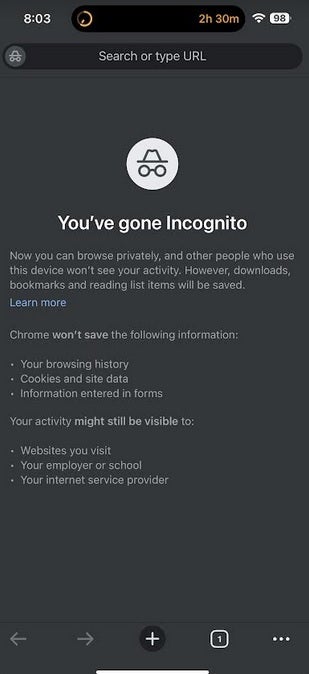

Chrome users sued Google for tracking them online even with incognito mode enabled
With incognito mode enabled, users can browse the web and have their online activity remain private. In other words, if there is a reason why you don’t want anyone else to learn which websites you’ve been visiting, incognito mode is supposed to make this happen. But the plaintiffs allege that even with incognito mode enabled, Google used analytics, cookies, and other tools to track their browsing histories along with device data, and the content of webpages visited.
Tracking these Chrome users on iOS and Android allowed Google to create an “unaccountable trove of information” that ranges from the boring (shopping habits, hobbies, etc.) to “potentially embarrassing things.” The plaintiffs’ attorneys were attempting to recover $5,000 in damages for each user alleging violations of federal wiretapping and California privacy laws dating back to June 1, 2016.
U.S. District Judge Yvonne Gonzalez Rogers put on hold a scheduled Feb. 5, 2024 trial date for the proposed class action suit after the preliminary settlement was reached. The judge, in rejecting Google’s request for summary judgement back in August, wrote, “Google’s motion hinges on the idea that plaintiffs consented to Google collecting their data while they were browsing in private mode. Because Google never explicitly told users that it does so, the Court cannot find as a matter of law that users explicitly consented to the at-issue data collection.”







